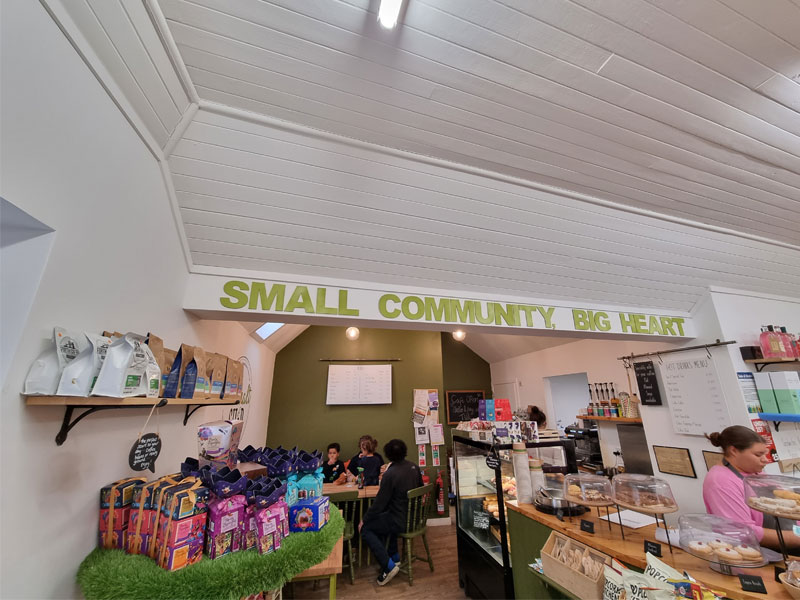Trust communities to lead the way
“A Right to Buy,
not just a Right to Try”
Plunkett UK works with a wide range of partners to champion the needs of our membership and promote the transformative impact that community ownership can bring to local areas across the country.
We engage with all political parties, across the UK, to advocate for better legislation, policy and funding to grow the sector, and enable more people to benefit from community-owned businesses, particularly in areas where there is currently lower awareness of the model.
As a charity working predominantly in rural areas we believe that by promoting the advantages of democratic ownership of land and assets, we want to mobilise the community business movement to address equity, diversity and inclusion in the countryside.
Following the General Election, could you take action by emailing your MP and inviting them to see your business?
Download our Post-Election Call for Action PDF, which gives practical tips for effective engagement.
Our priorities for the new Government are:
Support for all developing community ownership projects
Each year, approximately 500 new community groups contact Plunkett UK looking for advice and support to progress a community ownership project. This level of interest leads to around 40 new businesses reaching trading point annually.
To support a growing sector, we are calling for:
Support existing community-owned businesses
The long-term survival rate for businesses supported by Plunkett UK is 92%. The model has proven to be a remarkably resilient form of business in the face of significant challenges – not least in recent times, with the pandemic and the rising cost of living. To help support the current network, these businesses require access to investment, advice and a positive operating environment in which they can flourish.
To support community-owned businesses nationwide we are calling for:
Supporting the rural sector
Rural businesses, which account for the majority of groups that Plunkett works with, face a number of unique challenges and often higher operating costs. These needs must be reflected in respect of future government policy.
As members of the Rural Coalition we call on the Government to implement a comprehensive, cross-departmental Rural Strategy which would strengthen the rural proofing of policy and funding decisions.

Join the movement: Become a member today
As our membership grows, so does the profile of our movement. If you are not already a Plunkett member, please sign up today. You can become an individual supporter for just £20 a year and show your support for this growing sector.
If you are interested in learning more about our research and policy work, please do get in touch with us at communications@plunkett.co.uk or make a donation to support our research activity.






